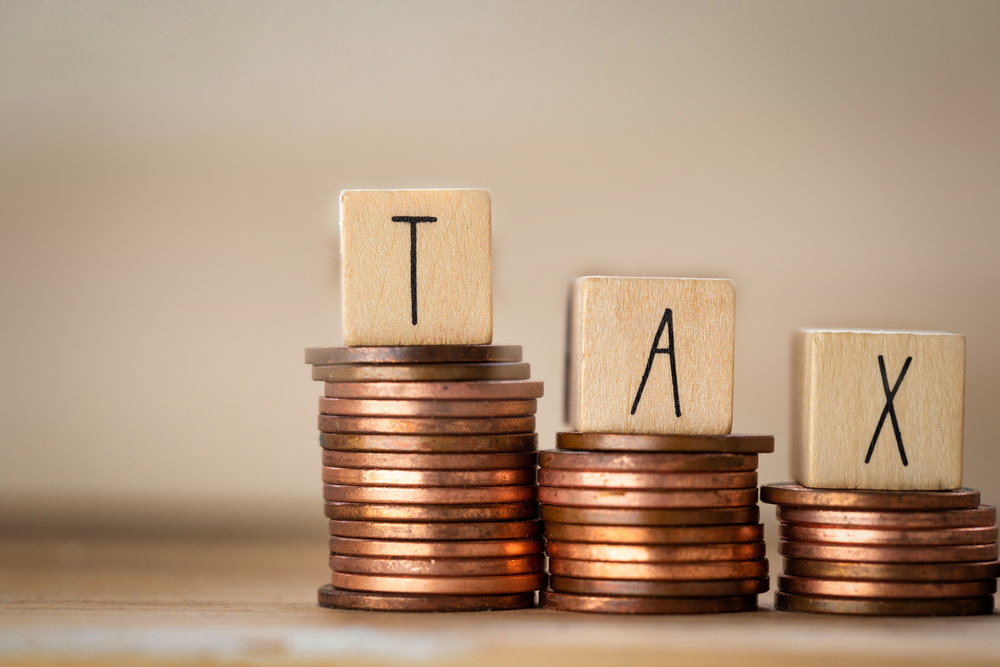
Capital Gains Tax changes from 6 April 2023
Capital Gains is a tax on the profit when you sell or dispose of an asset that has increased in value.
Annual Exempt Amount
Currently the tax-free allowance (the Annual Exempt Amount) is £12,300, and £6,150 for trusts.
From 6 April 2023 the Annual Exempt Amount will reduce to £6,000 for individuals and personal representatives, and £3,000 for trusts.
Then from 6 April 2024 these will reduce further to £3,000 for individuals and personal representatives, and £1,500 for trusts.
CGT and Divorce
Under current law, married couples and civil partners may make transfers of assets between themselves without having to pay Capital Gains Tax. This applies to all assets including second homes, shares and gifts. This is known as the ‘no gain, no loss’ relief.
If spouses or civil partners separate, they are able to take advantage of the ‘no gain, no loss’ rule relief until the end of the tax year in which they separated. After that date, any transfer of assets between the couple may be subject to Capital Gains Tax. So for example, a couple that separates in March may only have a few weeks or days to complete transfers, whereas those who separate in May have over 11 months. These rules often added stress and panic for couples already in the middle of a stressful situation.
The new rules are designed to improve this, and allows couples more time to plan the division of their assets and transfer property after the separation without the pressures of an imminent tax deadline.
From 6 April 2023, spouses and civil partners will have up to 3 years after the tax year in which they permanently stop living together to transfer assets between themselves and avail of the ‘no gain, no loss’ relief.
A spouse or civil partner who retains an interest in the matrimonial home, but has stopped living in the property will be able to claim Private Residence Relief if the property is sold.
In addition to this, individuals who have transferred their interest in the matrimonial home to their spouse or civil partner and are entitled to receive a percentage of the proceeds when that property is eventually sold, will be able to apply the same tax treatment to those sale proceeds that applied when they transferred their original interest in the home.
There are various factors to consider when establishing the date of separation. A separated couple could still be living under the same roof and yet be considered ‘legally separated’. A solicitor will be able to advise in more details if this is of concern.
If you have separated in the 2019/20 tax year or later, you could benefit from the ‘no gain, no loss’ relief extension.
In summary, these new measures are welcomed especially in more complex proceedings, as it means that more time can be spent on the divorce considerations, rather than Capital Gains Tax considerations.
Marie Tierney
Manager





